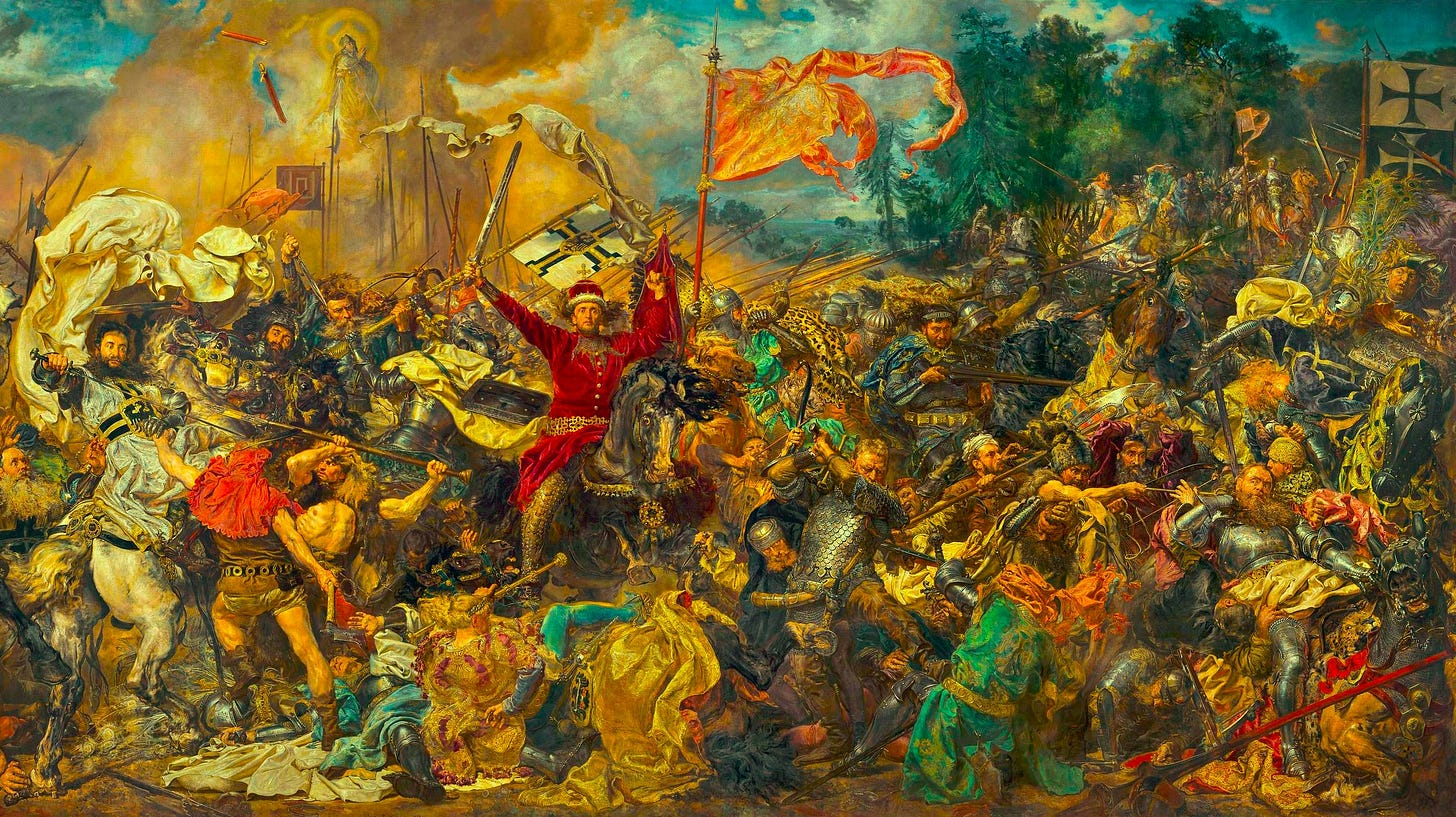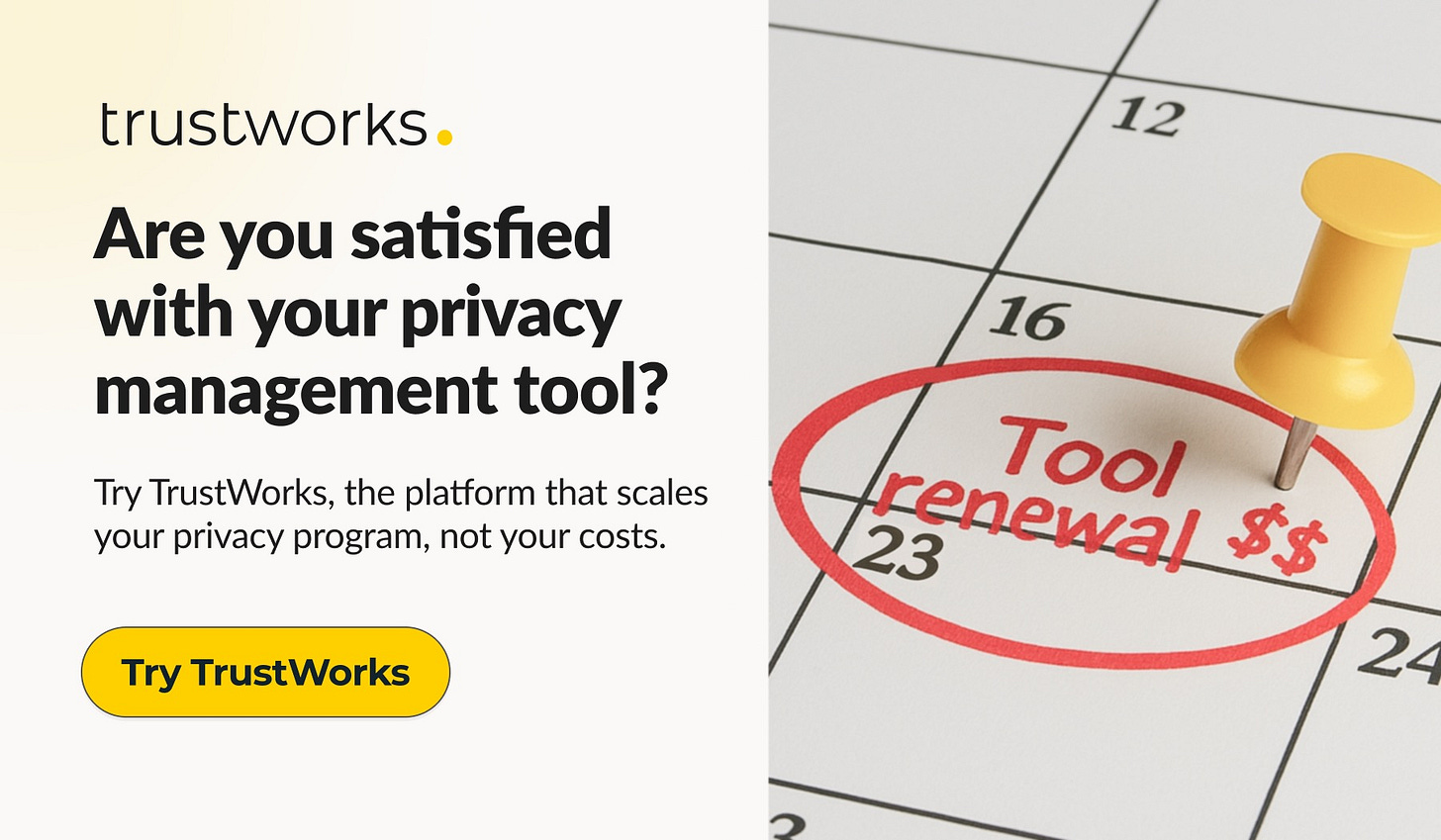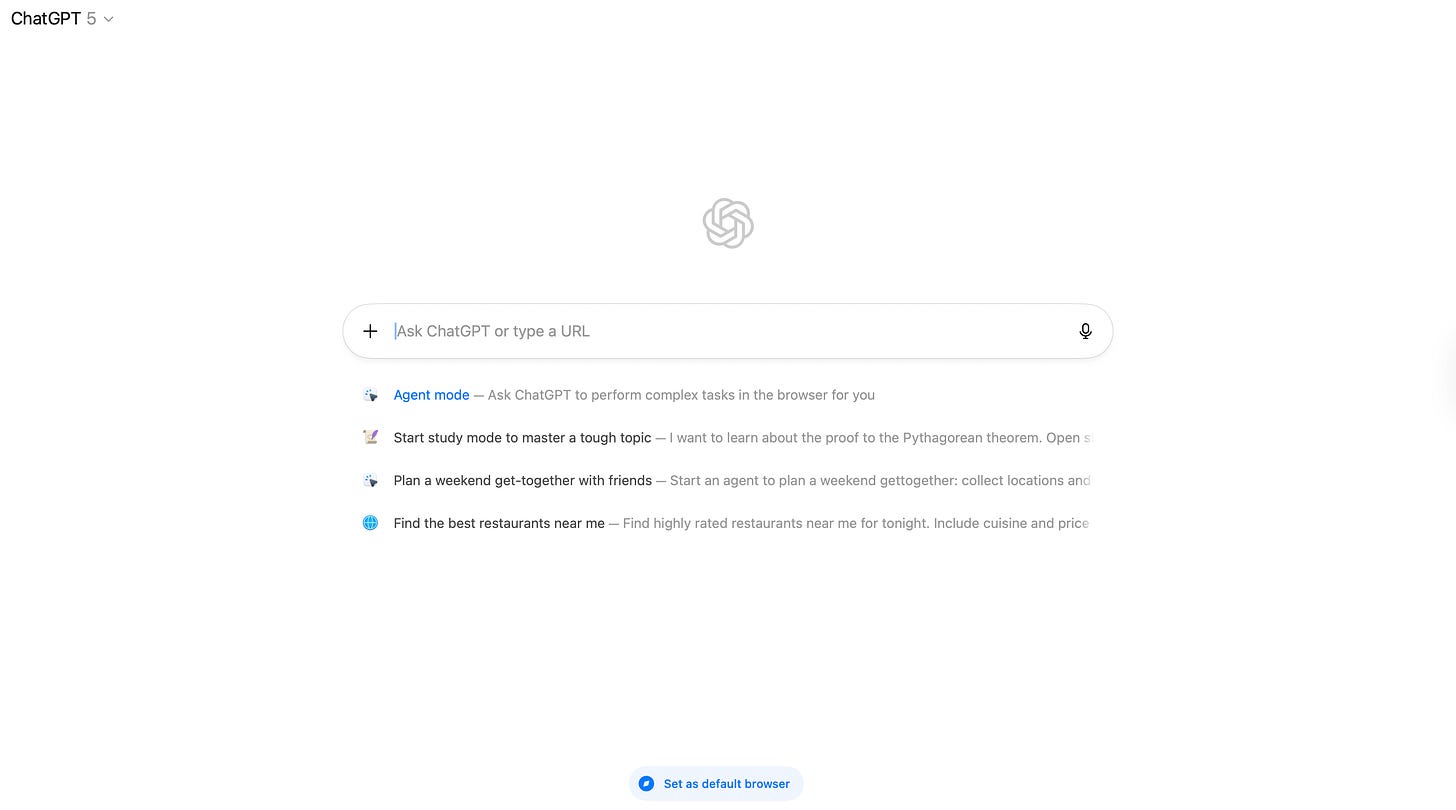OpenAI's Battle for Your Life
OpenAI is implementing its ambitious mission to control how people find information, interact with it, and shape their lives | Edition #244
👋 Hi everyone, Luiza Jarovsky here. Welcome to our 244th edition, trusted by over 82,500 subscribers worldwide. It’s great to have you here!
🔥 Paid subscribers have full access to all my essays and curations here, and can ask me questions to cover in future editions.
🎓 This is how I can support your learning and upskilling journey in AI:
Join my AI Governance Training [apply for a discounted seat here]
Strengthen your team’s AI expertise with a group subscription
Receive our job alerts for open roles in AI governance and privacy
Sign up for weekly educational resources in our Learning Center
Discover your next read in AI and beyond with our AI Book Club
👉 A special thanks to TrustWorks, this edition’s sponsor:
Managing privacy is already challenging. Why rely on tools that make it harder? TrustWorks simplifies privacy and AI governance with seamless automation and AI-driven insights – no hidden costs, just smarter privacy operations. Get a free migration trial and see the difference.
*To support us and reach over 82,500 subscribers, become a sponsor.
OpenAI’s Battle for Your Life
This week, OpenAI launched ChatGPT Atlas, presented as “a new web browser built with ChatGPT at its core.”
Atlas, however, is profoundly different from what we usually think of as a browser. It makes ChatGPT, especially its agentic capabilities, the core of the online experience.
Also, it represents an essential next step in OpenAI’s ambitious mission to control how people find information, interact with it, and shape their lives.
To win the battle for your life, however, OpenAI still has to win two other battles first:
-
1. The battle against Google
ChatGPT Atlas is a direct affront to the search experience. As you can see below, the first screen is inspired by Google Chrome’s minimalistic address bar (the omnibox that says “search Google or type a URL”), but the first call to action here is “Ask ChatGPT.”
Since the launch of ChatGPT, we have observed millions of people navigating and pushing the transition from search engines to AI chatbots.
I have also written multiple times about the social and ethical implications of this techno-social change, including the loss of autonomy, disempowerment, bias, manipulation, and the homogenization of content available on the web.
OpenAI understands that ‘owning’ this technological transition and becoming the major player and top of mind when people want to access information on the internet is a golden, once-in-a-lifetime, extremely profitable opportunity, especially given Google’s global search market share of around 90%.
Instead of “googling it,” OpenAI wants people to “ask ChatGPT.”
No more 10 blue links. Instead, users will receive “The Answer” in a conversational, persuasive, friendly, and sometimes emotionally charged manner.
In some outputs, “The Answer” will be false. In others, “The Answer” might be overly agreeable, sycophantic, and manipulative, leading to dependence and unhealthy attachment. In extreme cases, these interactions might lead to self-harm and even death.
OpenAI wants to make the Google search experience irrelevant, old, and dead.
To do so, it cannot just change people’s online behavior. It must also control how people access the internet. Google Chrome’s market share is around 70%. Owning the browser, billions of people’s main window to the web, was OpenAI’s natural next step.
The first player to best integrate the chatbot experience into the browser will create a lock-in effect and become people's preferred window to the internet (or their preferred oracle, replacing much of the internet experience).
It is no coincidence that yesterday, only two days after the launch of OpenAI Atlas, Microsoft launched a nearly identical AI browser.
Google knows it is being threatened on various fronts and has been expanding its AI overviews and AI mode within the search experience.
It has also added agentic features to search. However, all of these features are centered on “traditional” online search (and the infamous blue links), and Chrome has not yet changed to adapt to the new AI features.
OpenAI understood the opportunity and launched a new product that looks like a browser, but will help it transform and conquer how users access the internet and experience the web.
Will Atlas dethrone Chrome and help OpenAI put a nail in the online search coffin? We'll see, the battle is still happening…
2. The battle for the AI layer
Even if OpenAI dethrones Google in both online search and the browser market, it will still not be enough to gain full control over how people find information, interact with it, and shape their lives. Why?
Keep reading with a 7-day free trial
Subscribe to Luiza's Newsletter to keep reading this post and get 7 days of free access to the full post archives.





